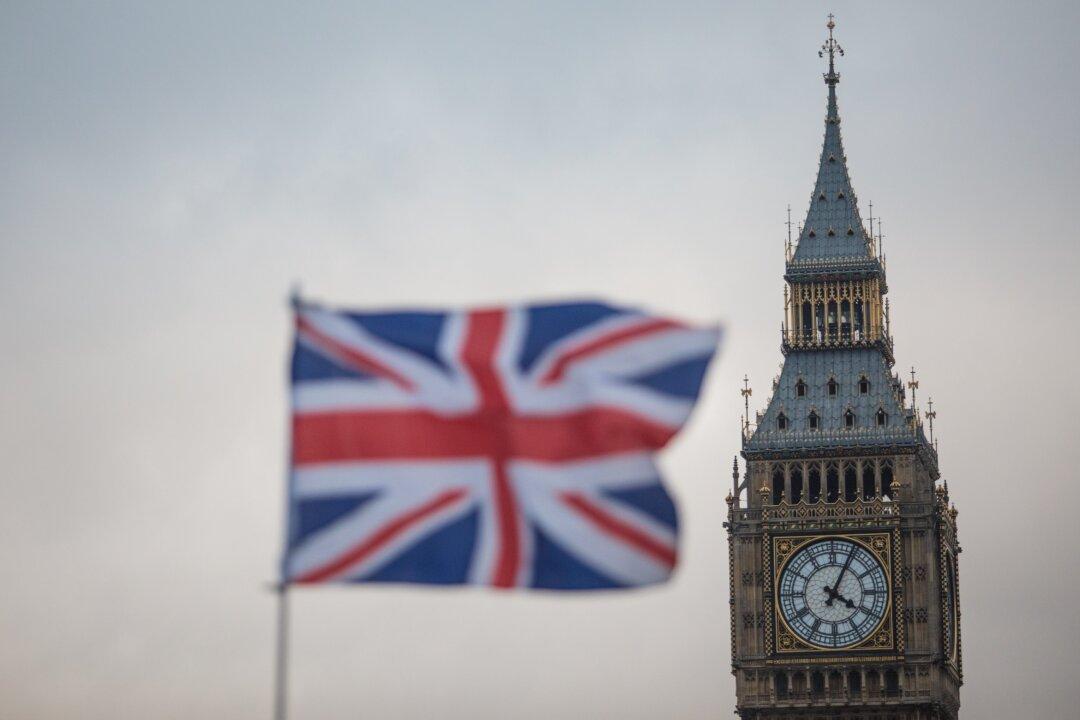Commentary
The arrest of a suspected spy for China operating at the highest levels of the British Parliament reminds us that spies for China come in all shapes, sizes, and shades. The case is sufficiently important for British Prime Minister Rishi Sunak to have brought it up at the G20 summit on Sept. 10 with China’s No. 2, Li Qiang.





